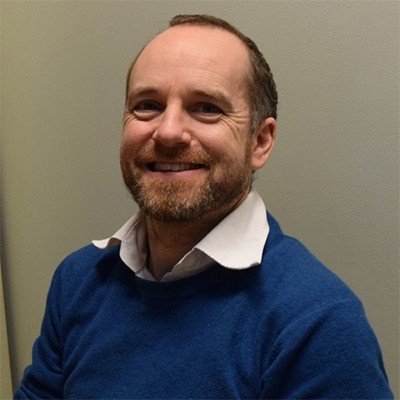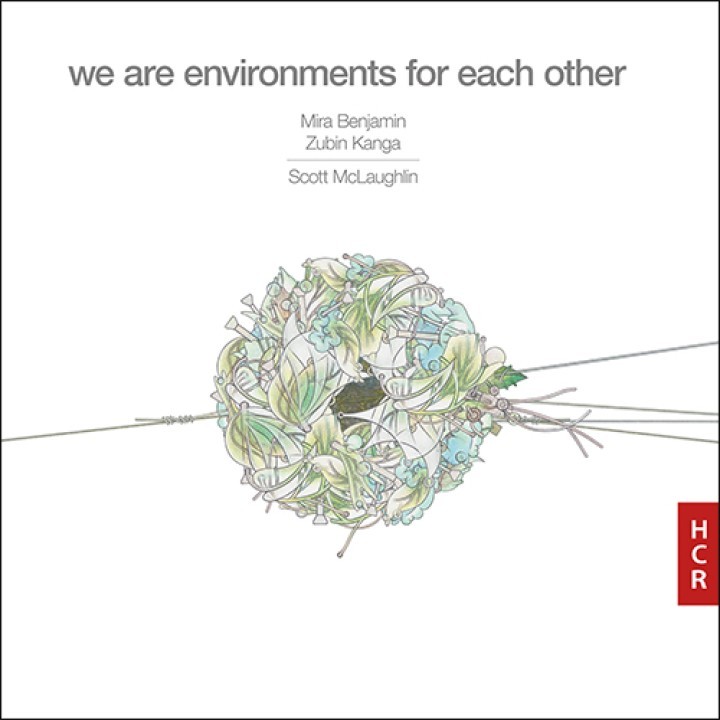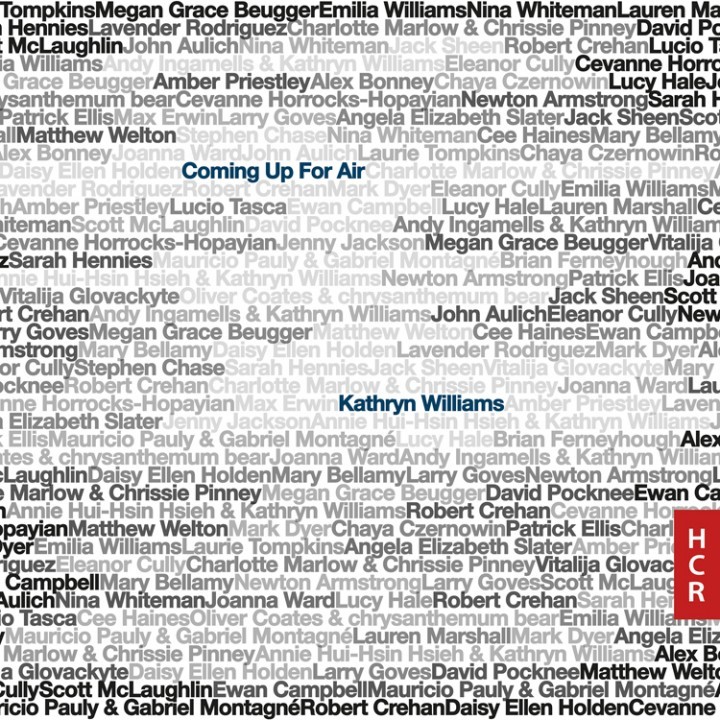Scott McLaughlin
Scott McLaughlin is a composer and free-improviser (cello, live electronics) based in Huddersfield, UK. Born in Ireland (Co. Clare) in 1975, he wanted to be a scientist but instead spent his early 20s playing guitar in art-indie bands between Galway and Belfast. Slowly he discovered more experimental non-pop musics, leading to a foundation course and subsequent BMus degree in music at the University of Ulster at Jordanstown, completed in 2001. Somewhere between that and completing his PhD at the University of Huddersfield in 2009, he reconnected with science via music, with the help of supervisors Pierre Alexandre Tremblay, Bryn Harrison, James Saunders, and Christopher Fox. Currently he teaches composition and music-technology at University of Leeds, and still enjoys reverb-drenched feedback.
His research is compositional, a practice-led exploration of the physical materiality of sound and the local teleology of performance, combining approaches from experimental music with dynamical systems theory and philosophy to explore autopoiesis and recursive feedback systems in constraint-based open form composition: especially concerning resonance and perceptual ambiguity on both macro/formal and micro/spectral scales. His music is concerned with relationships between minimal processes of transformation and proliferation: ideas of recursion, hysteresis, difference, cluster-microtonality, chaos/complexity theory, and interactivity. Recent performances have been given by Heather Roche, Christopher Williams, BBC Scottish Symphony Orchestra (Ilan Volkov cond.), and Mira Benjamin.
Scott's research takes non-linear and unstable elements of instrumental sound and treats these as locally unpredictable systems (weighted unpredictability, similar to markov chains) within globally indeterminate cybernetic system of performer-score-instrument. For example, the set of single-reed pieces there are neither wholes nor parts (2011-13) uses only multiphonics but treats each multiphonic as a system with multiple possible pitch outputs of varying probability: wind multiphonics are unstable at low dynamics, and may collapse onto one of several possible pitches. The score guides the player with a preferred path, but the nature of the medium allows for other possible outcomes which then determine the multiphonic chosen next. The string quartet a metastable harmony (2012) applies this principle to strings, where drone-bowing of open strings, becomes a reservoir of possible partials isolated by right-hand techniques only. The constant feedback between bow-activity and formant resonance is a hysteretic system where resultant pitches act as targets to guide the performance. The cello solo intra-actions (2013) and work for six electric guitars surfaces of emergence (2013) build on this by altering the environment of the instrument with periodic gradual detuning.
In 2019–21 Scott was awarded an AHRC Leadership Fellowship to carry out an 18-month practice-research project exploring compositional strategies for working with Heather Roche and Jonathan Sage on the indeterminacies of the clarinet, see The Garden of Forking Paths.
Scott McLaughlin is a composer and free-improviser (cello, live electronics) based in Huddersfield, UK. Born in Ireland (Co. Clare) in 1975, he wanted to be a scientist but instead spent his early 20s playing guitar in art-indie bands between Galway and Belfast. Slowly he discovered more experimental non-pop musics, leading to a foundation course and subsequent BMus degree in music at the University of Ulster at Jordanstown, completed in 2001. Somewhere between that and completing his PhD at the University of Huddersfield in 2009, he reconnected with science via music, with the help of supervisors Pierre Alexandre Tremblay, Bryn Harrison, James Saunders, and Christopher Fox. Currently he teaches composition and music-technology at University of Leeds, and still enjoys reverb-drenched feedback.
His research is compositional, a practice-led exploration of the physical materiality of sound and the local teleology of performance, combining approaches from experimental music with dynamical systems theory and philosophy to explore autopoiesis and recursive feedback systems in constraint-based open form composition: especially concerning resonance and perceptual ambiguity on both macro/formal and micro/spectral scales. His music is concerned with relationships between minimal processes of transformation and proliferation: ideas of recursion, hysteresis, difference, cluster-microtonality, chaos/complexity theory, and interactivity. Recent performances have been given by Heather Roche, Christopher Williams, BBC Scottish Symphony Orchestra (Ilan Volkov cond.), and Mira Benjamin.
Scott's research takes non-linear and unstable elements of instrumental sound and treats these as locally unpredictable systems (weighted unpredictability, similar to markov chains) within globally indeterminate cybernetic system of performer-score-instrument. For example, the set of single-reed pieces there are neither wholes nor parts (2011-13) uses only multiphonics but treats each multiphonic as a system with multiple possible pitch outputs of varying probability: wind multiphonics are unstable at low dynamics, and may collapse onto one of several possible pitches. The score guides the player with a preferred path, but the nature of the medium allows for other possible outcomes which then determine the multiphonic chosen next. The string quartet a metastable harmony (2012) applies this principle to strings, where drone-bowing of open strings, becomes a reservoir of possible partials isolated by right-hand techniques only. The constant feedback between bow-activity and formant resonance is a hysteretic system where resultant pitches act as targets to guide the performance. The cello solo intra-actions (2013) and work for six electric guitars surfaces of emergence (2013) build on this by altering the environment of the instrument with periodic gradual detuning.
In 2019–21 Scott was awarded an AHRC Leadership Fellowship to carry out an 18-month practice-research project exploring compositional strategies for working with Heather Roche and Jonathan Sage on the indeterminacies of the clarinet, see The Garden of Forking Paths.
Recordings by this composer
RecordingsCompilations with this composer
CompilationsRelated composers
Related composersExternal Links
Music Map
Discover more about the classical music of today with NMC's Music Map, and exciting and educational online tool which enables you to see and hear the connections between composers, their teachers, pupils, influences and their works.
Music Map


